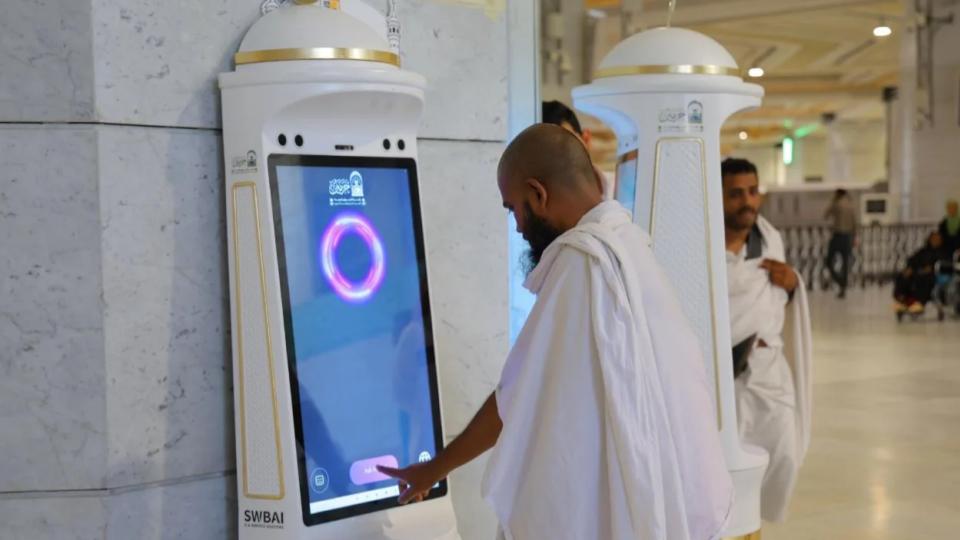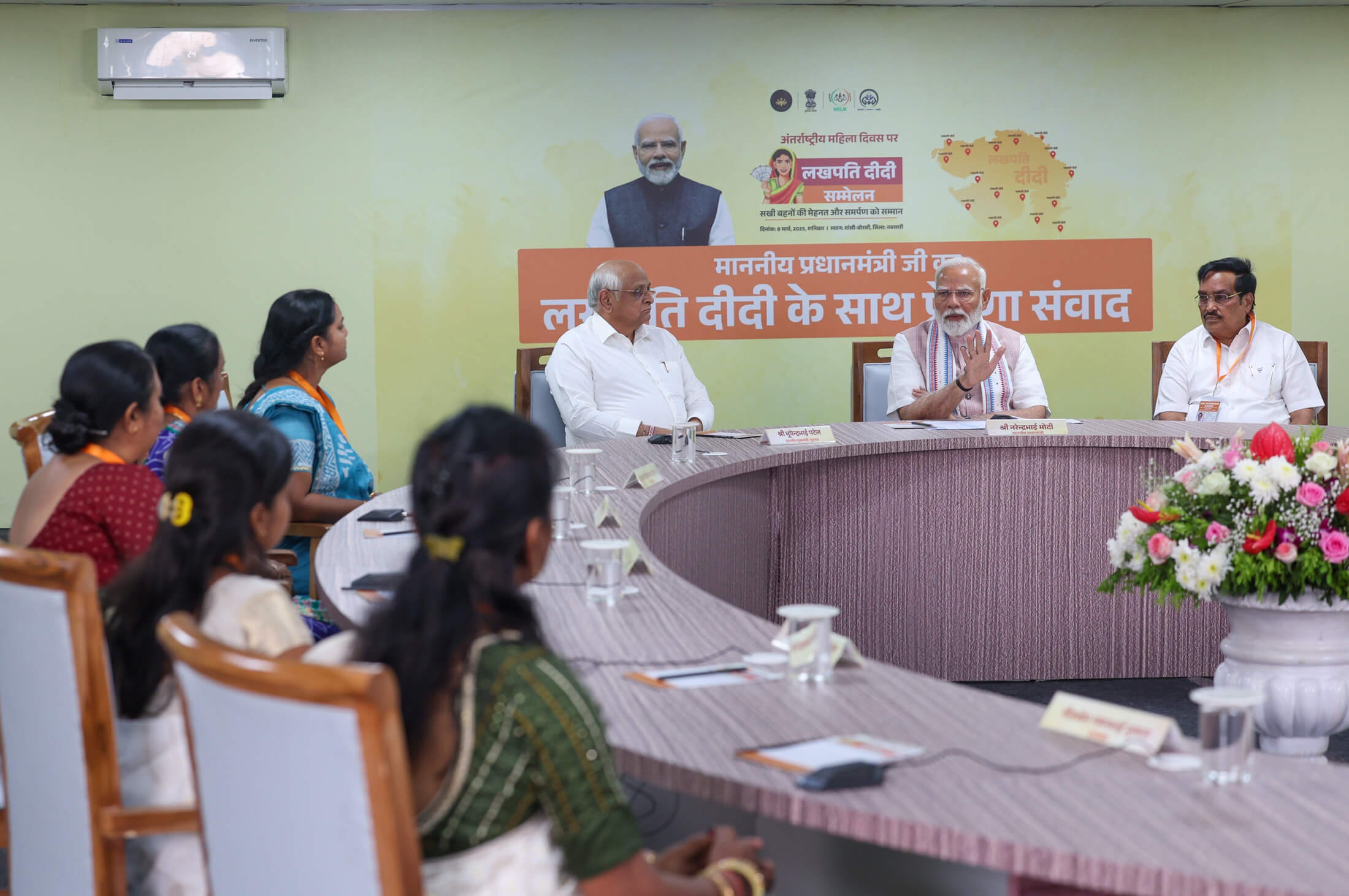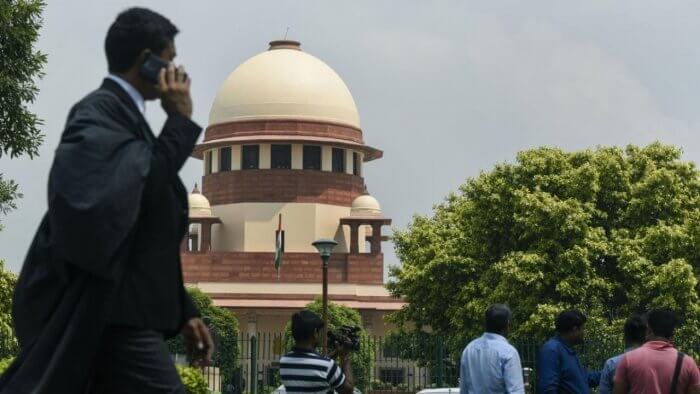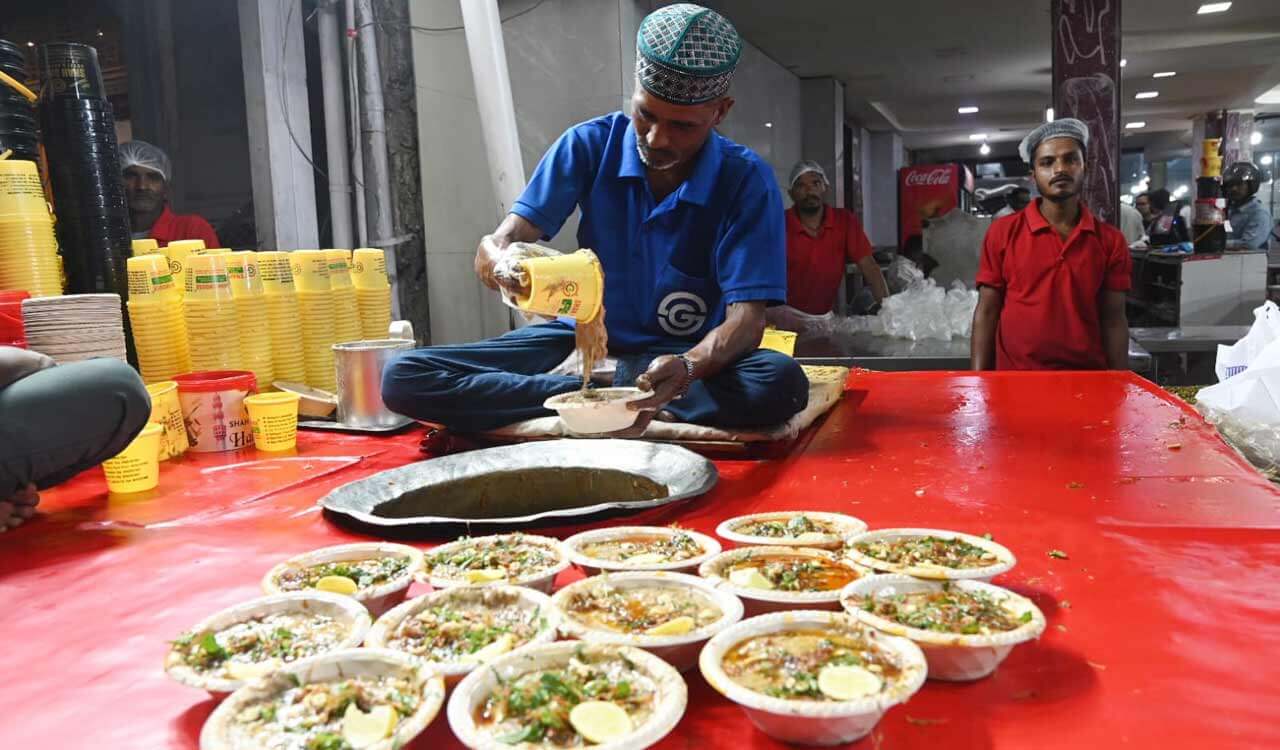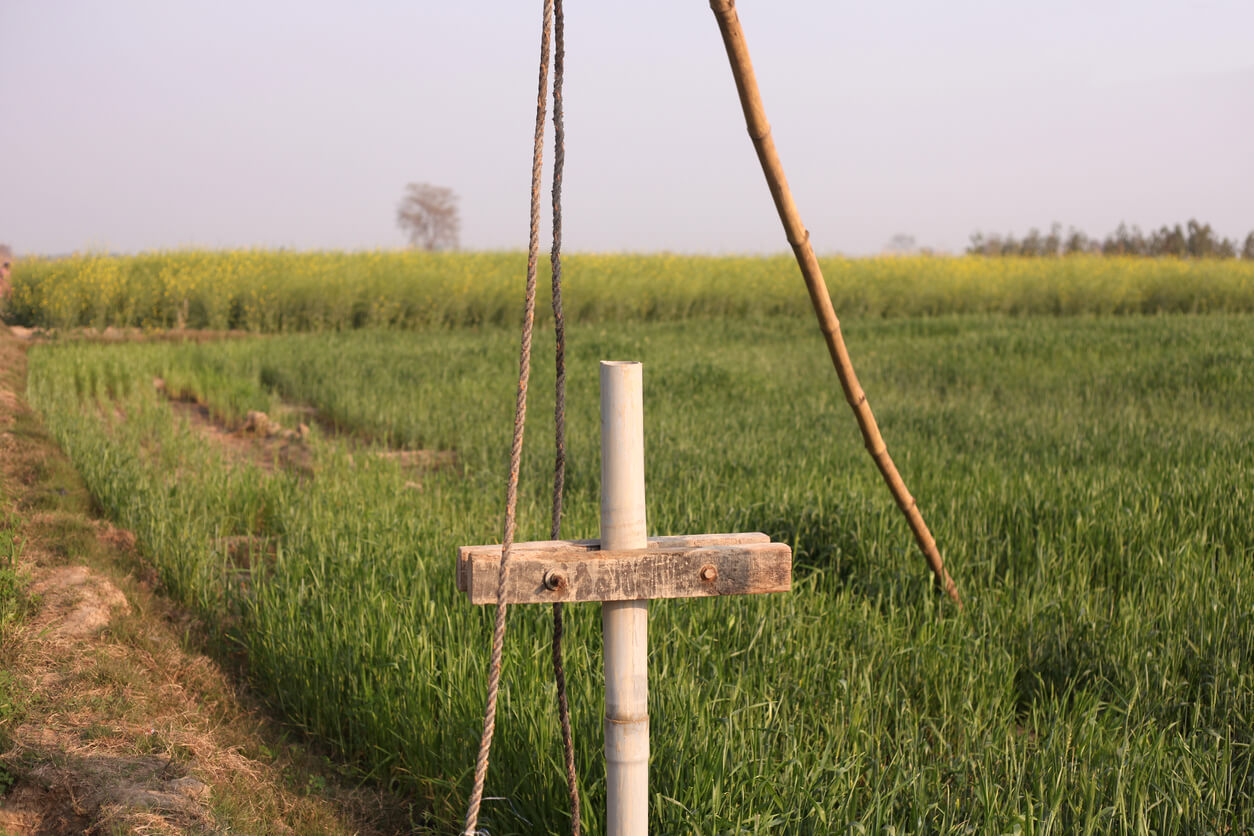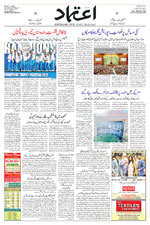Saudi Authorities strive to prevent coronavirus outbreak in curtailed Hajj 2020
Wed 29 Jul 2020, 01:30:55
.png)
Pilgrims were quarantined on Tuesday in the holy city of Makkah ahead of the dramatically downsized Hajj as Saudi authorities strive to prevent a coronavirus outbreak during the five-day pilgrimage.
Up to 10,000 people already residing in the kingdom will participate in the annual ritual starting Wednesday, according to Hajj officials, a tiny fraction of the 2.5 million international pilgrims that attended last year.
Those selected to take part in this year's Hajj were subject to temperature checks and placed in quarantine as they began trickling into Makkah at the weekend.
State media showed health workers sanitising their luggage, and some pilgrims reported being given electronic wristbands to allow authorities to monitor their whereabouts.
Workers, clutching brooms and disinfectant, were seen cleaning the area around the Kaaba, the structure at the centre of the Grand Mosque draped in gold-embroidered cloth towards which Muslims around the world pray.
Hajj authorities have cordoned the Kaaba this year, saying pilgrims will
not be allowed to touch it, to limit the chances of infection.
not be allowed to touch it, to limit the chances of infection.
They also reported setting up multiple health facilities, mobile clinics and ambulances to cater to the pilgrims, who will be required to wear masks and observe social distancing.
"There are no security-related concerns in this pilgrimage, but it is to protect pilgrims from the danger of the pandemic," Khalid bin Qarar Al-Harbi, Saudi Arabia's director of public security, told reporters on Monday.
Some 70 per cent of the pilgrims are foreigners residing in the kingdom, while the rest will be Saudi citizens.
All pilgrims were required to be tested for coronavirus before arriving in Makkah and will also have to quarantine after the pilgrimage as the number of cases in the kingdom nears 270,000 one of the largest outbreaks in the Middle East.
They were given elaborate amenity kits that include sterilised pebbles for a stoning ritual, disinfectants, masks, a prayer rug and the ihram, a seamless white garment worn by pilgrims, according to a hajj ministry programme document.
No Comments For This Post, Be first to write a Comment.
Most viewed from International
Most viewed from World
AIMIM News
Delhi Assembly polls: Owaisi leads Padyatra in Okhla
Feb 01, 2025
We reject this Waqf Amendment Bill: Asaduddin Owaisi
Jan 30, 2025
Latest Urdu News
Most Viewed
May 26, 2020
Which team will win the ICC Men's Champions Trophy 2025 held in Pakistan/Dubai?
Latest Videos View All
Like Us
Home
About Us
Advertise With Us
All Polls
Epaper Archives
Privacy Policy
Contact Us
Download Etemaad App
© 2025 Etemaad Daily News, All Rights Reserved.

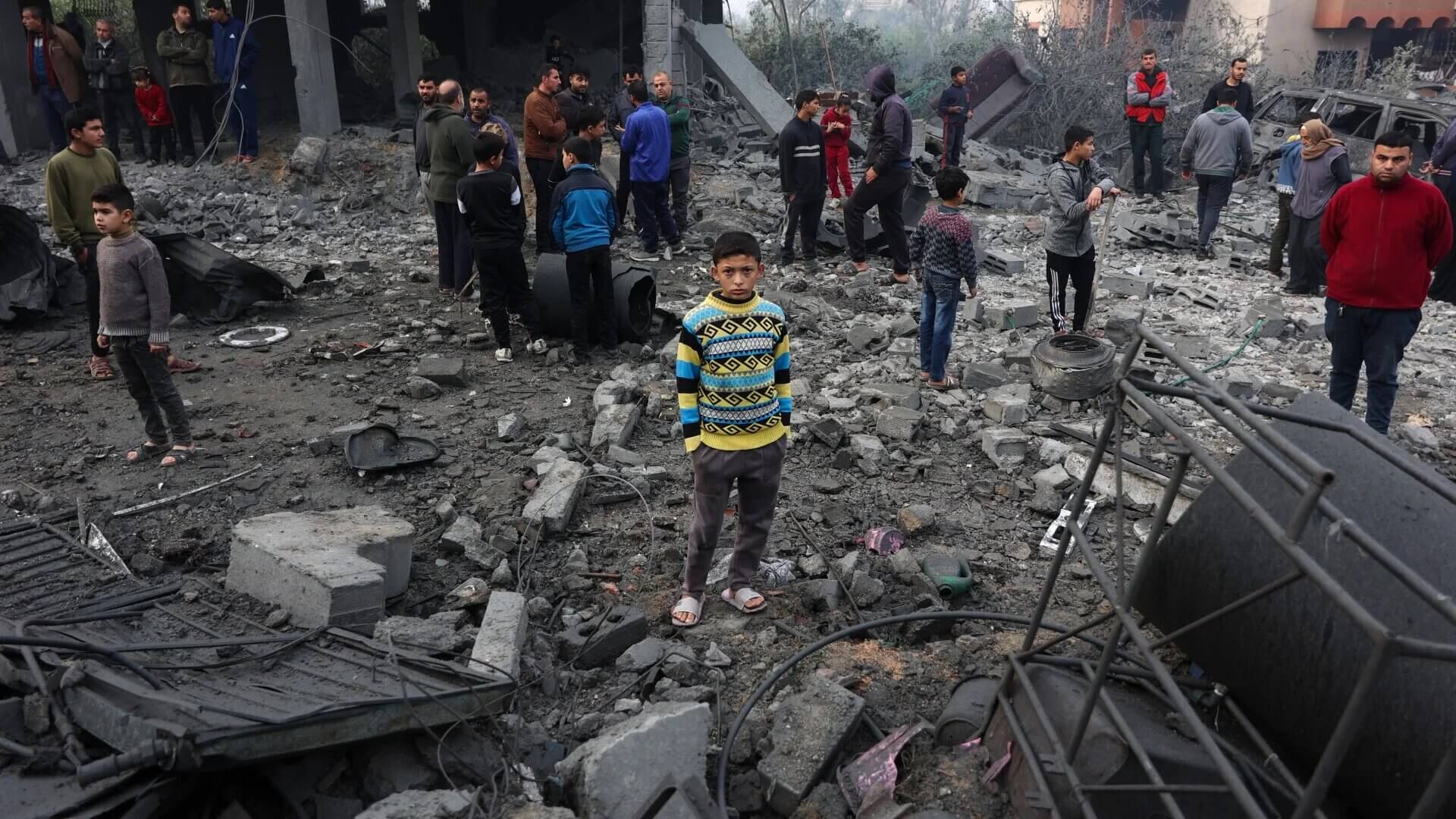

.jpg)
.jpg)
.jpg)


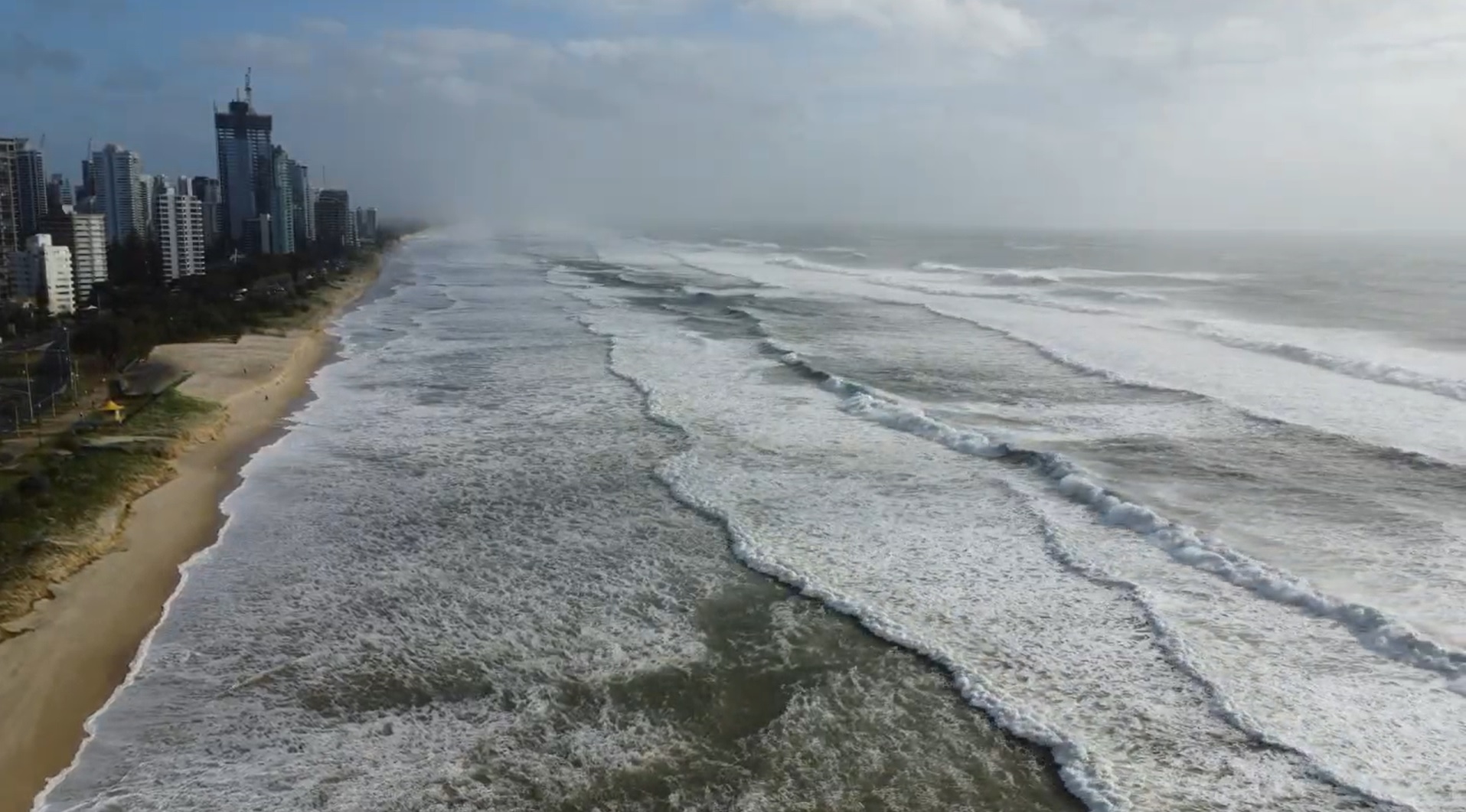
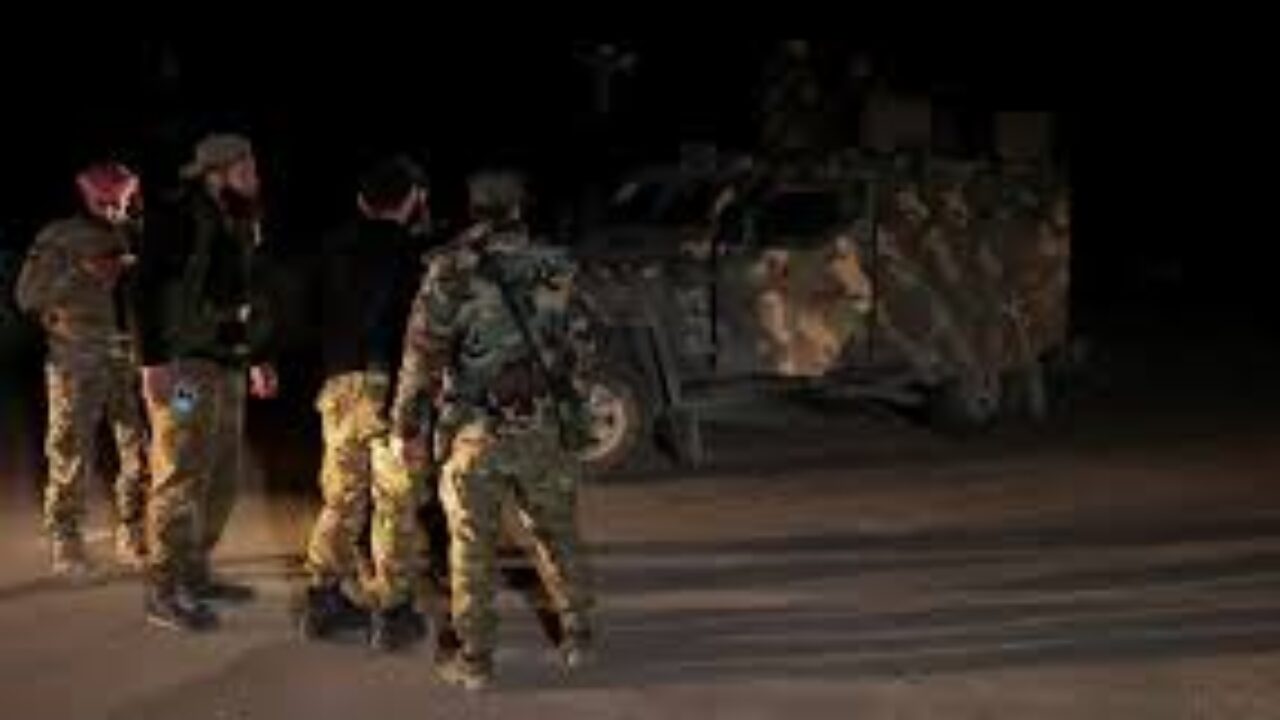

.jpg)
